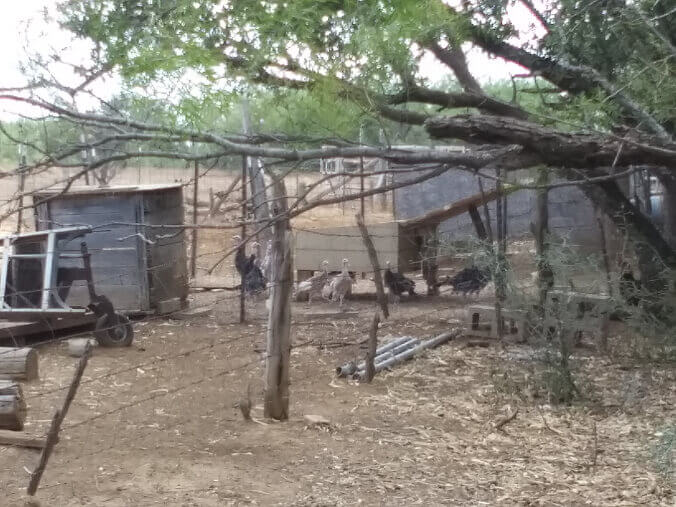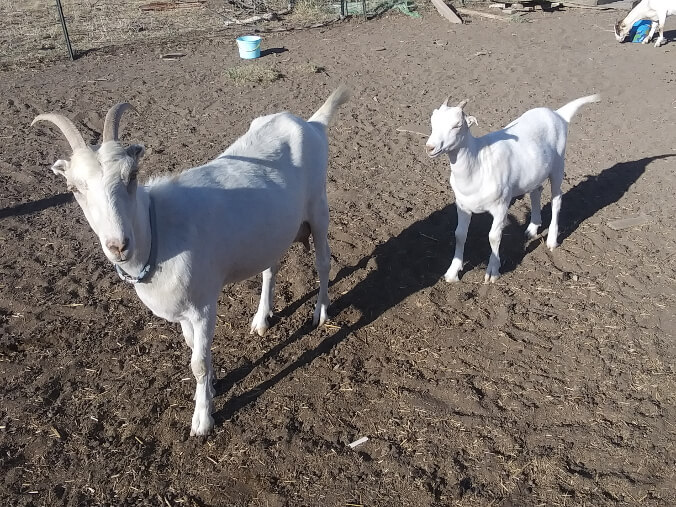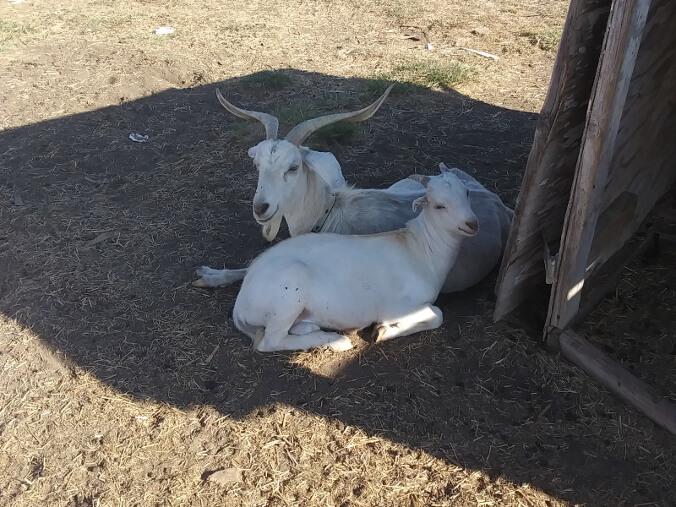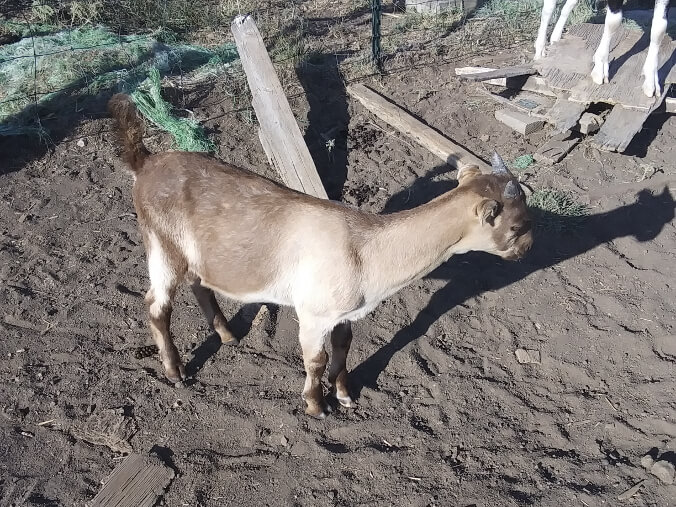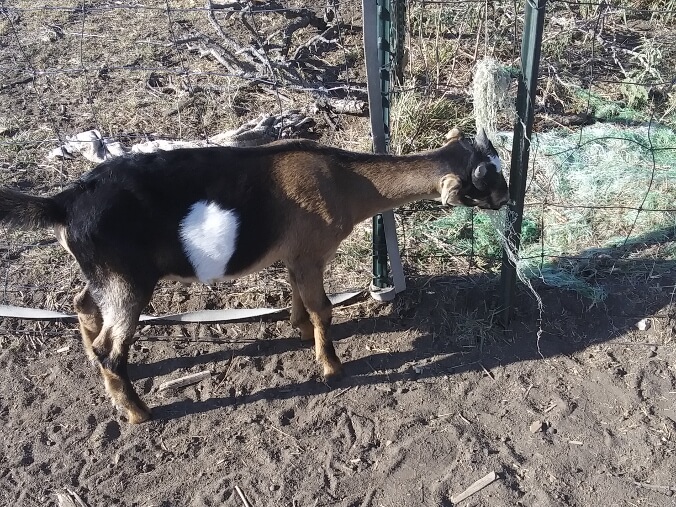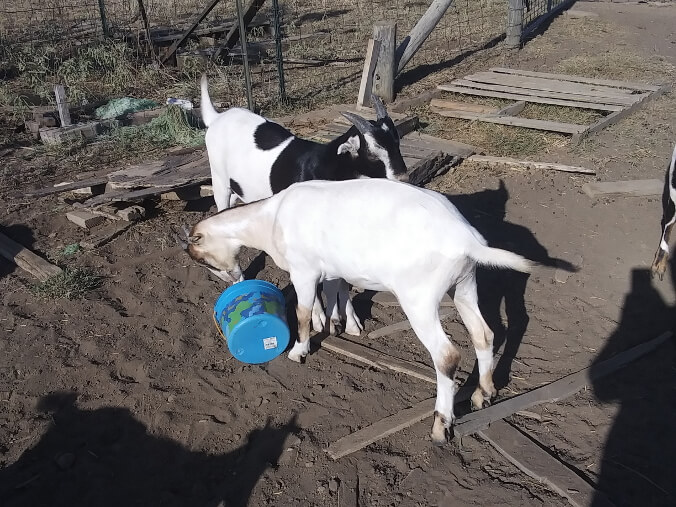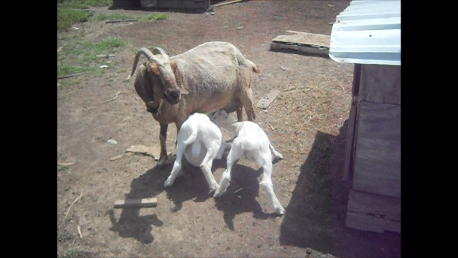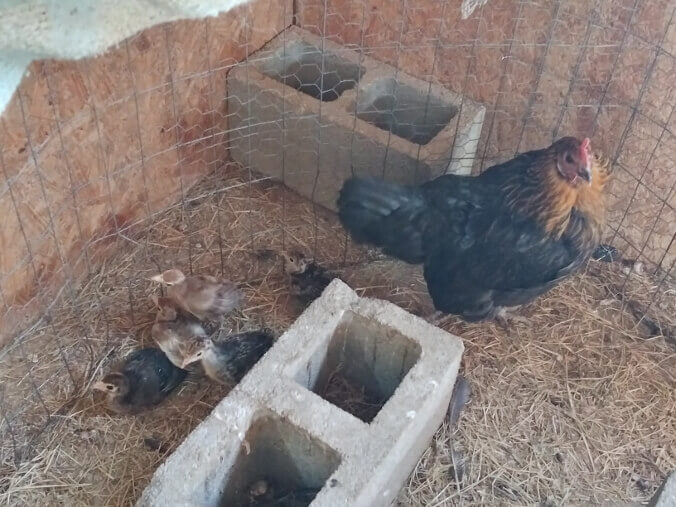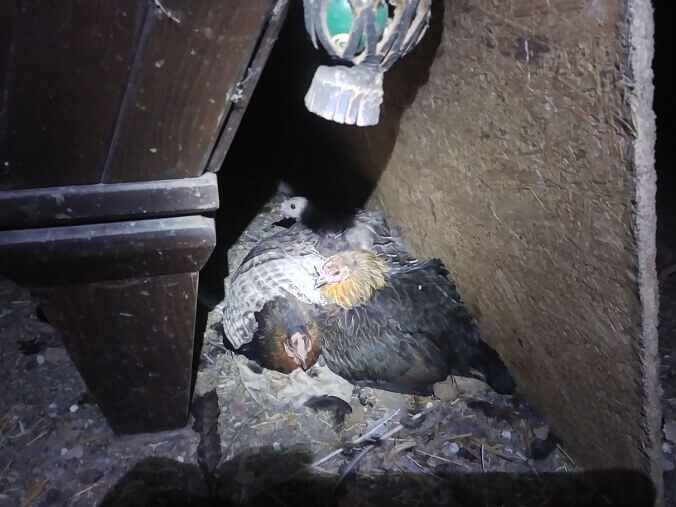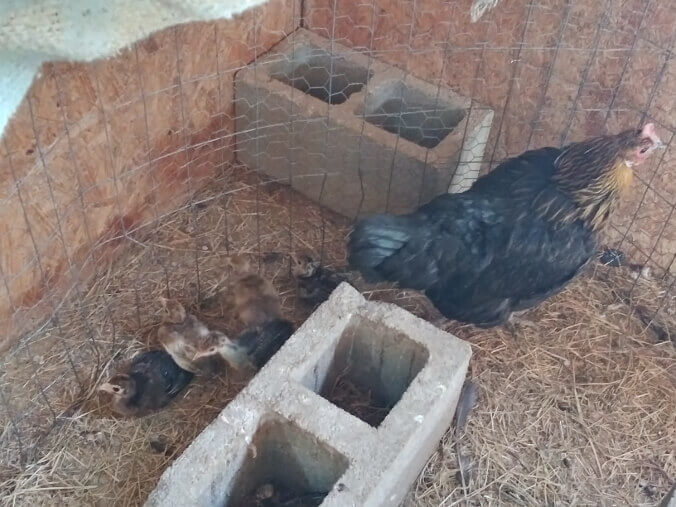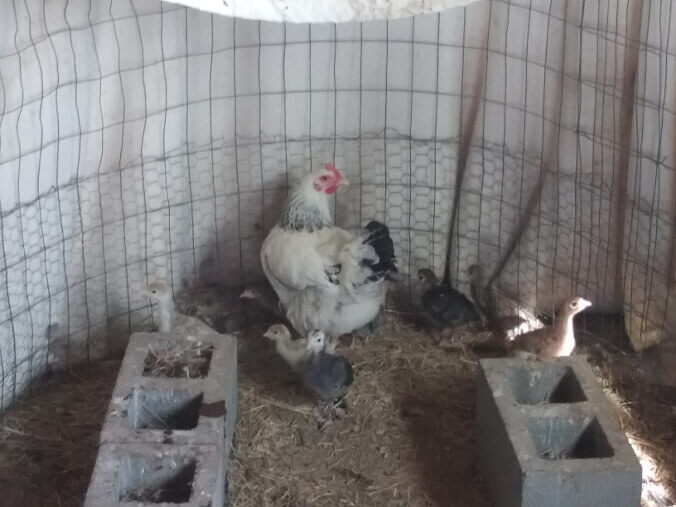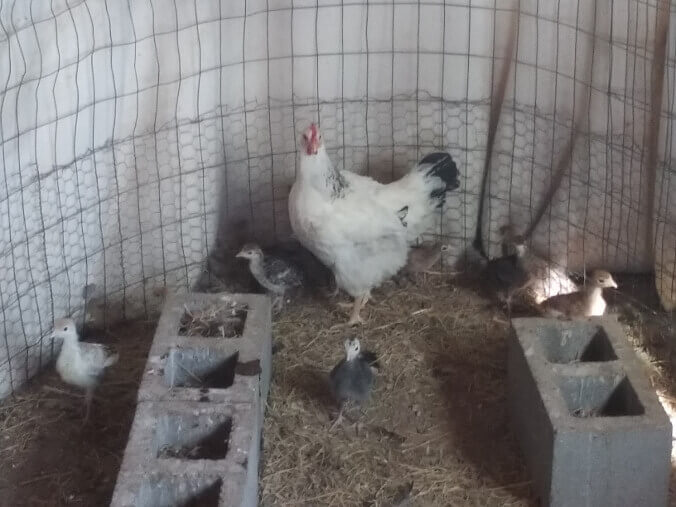Verse 1. — Jude, the servant of Jesus Christ, and brother of James, to them that are sanctified by God the Father, and preserved in Jesus Christ, and called:
(1.) Whoever is Christ’s servant must resign and give up himself wholly to the will of Christ; for he that is Christ’s servant, he is so by covenant and consecration. We are indeed Christ’s by all kind of rights and titles; ‘he made us, and not we ourselves;’ no creature is of itself, and therefore it is not its own, but another’s. It is God’s prerogative alone to love Himself and seek Himself, because He alone is without obligation and dependence; but we owe ourselves to Him, and therefore cannot without robbery call ourselves our own. Your tongues are not your own to speak what you please, Ps. xii. 4, nor your hearts your own to think what you please, nor your hands your own to do what you please; by virtue of your creation you are another’s, and are bound to live and act for another, according to His will, for his glory.
But this is not all; by redemption you are Christ’s: ‘Ye are bought with a price,’ 1 Cor. vi. 20, as the redeemed are bound to serve Him that ransomed them. If a man had bought another out of captivity, or he had sold himself, all his strength or service belonged to the buyer. Christ has bought us from the worst slavery, and with the greatest price; no thraldom so bad as bondage to sin and Satan, no prison so black as hell; and certainly Christ’s blood is better than a little money. So that to live as if we were at our own disposal is to defraud Christ of his purchase.
Thus we are Christ’s by creation and redemption; but now, if we would be his servants, we must be His by voluntary contract and spiritual resignation: ‘Yield up yourselves,’ etc., Rom. vi. 13. Christ loves to have his right and title established by our own consent. We take Christ for lord and master, and give up ourselves to Him, that we may be no longer at our own disposal, and therefore it is not only robbery, but treachery and breach of covenant to seek ourselves in anything. This resignation must be made out of a sense of Christ’s love to us in his death and sufferings: 2 Cor. v. 15, Christ died, ‘that they which live should not henceforth live to themselves, but unto him that died for them.’ We enter upon other services out of hopes, but we enter upon Christ’s service out of thankfulness.
Again, this resignation must be universal, without reservation of any part. You must have no other master but God: Mat. vi. 24, ‘Ye cannot serve two masters, ye cannot serve God and mammon.’ Usually men divide themselves between God and the world; they would give their consciences to Christ, and their hearts to mammon. The devil pleads for a part, for by that means he knows that the whole [all of the person] will fall to his share; therefore all, the whole man, in vow, purpose, and resolution, must be given up to God.
(2.) Having given up yourselves to God’s service, you must walk as his servants; that is, not as you list [want/desire], but as the Master pleases. The angels are God’s ministers, ‘doing his pleasure,’ Ps. ciii. 21. A servant has no will of his own, but has given up his liberty to the directions and commands of another; therefore, if you be God’s servants, you must earnestly desire the knowledge of his will, and readily comply with it; you must not do things as they please self and flesh, but as they please God. David begs for knowledge as God’s servant: Ps. cxix. 125, ‘I am thy servant, grant me understanding, that I may know thy testimonies.’ A faithful servant would not willingly offend his master, and therefore would fain [gladly] know what is His will. They plead with God, and search themselves, Rom. xii. 2, and all to know His pleasure; and not only to know it, but to do it, otherwise they are worthy of many stripes by Christ’s own sentence.
The master’s will should be motive enough, 1 Thes. iv. 3, v. 13; 1 Peter ii. 15. If God will have it so, if Jesus Christ will have it so, it is enough to a faithful servant. The very signification of God’s will carries with it reason enough to enforce the practice of it.
Yea, you must equally comply with every will of God, not only with the easy and pleasant ways of obedience, but such as cross lusts [generally any corrupt desires of the heart] and interests. When two men go together, a man cannot tell whom the servant follows till they part. When God and our lusts or our interests command contrary things, then you are put to the trial whether you are God’s servants.
